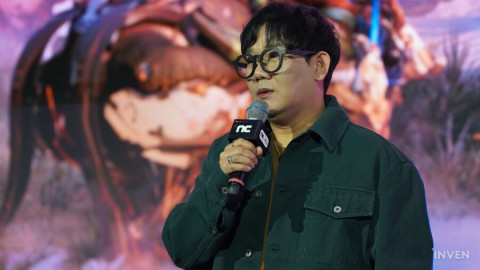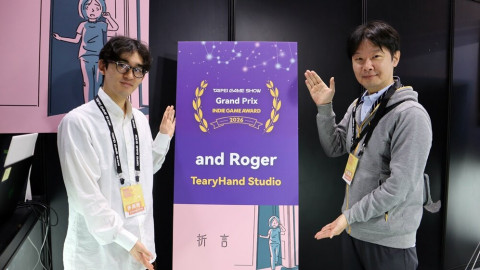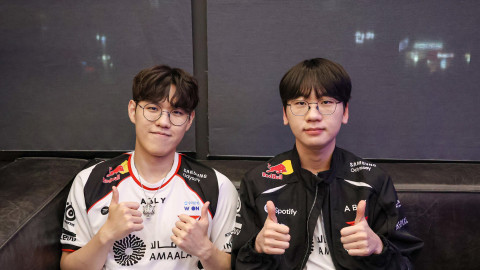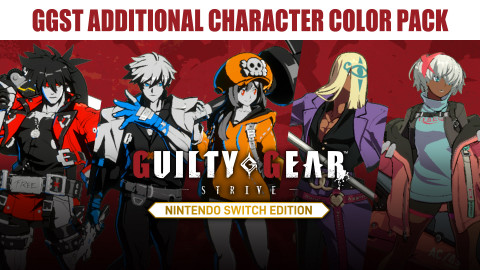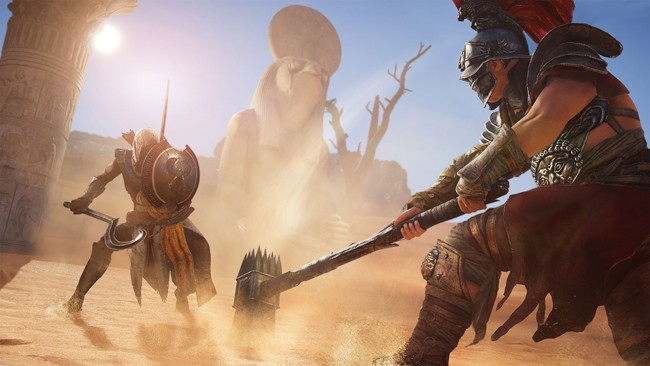
Video games are evolving, but if AAA publishers have their say, the game you buy on launch day could turn into something you no longer want a few months down the road.
Prior to the popularization of the internet on gaming consoles through services like Xbox Live and PlayStation Network, video games were often a “one and done” affair. A developer created the game over a period of a few years, a publisher put it on store shelves, and players bought the game – that was the end of the process. Whether or not they loved it or hated it was irrelevant, as the game was no longer in its creators’ control. Regardless of players’ feedback or reviews, and they could do was take criticism to heart for a sequel, provided they got a chance to make one.
With the Xbox 360 and PlayStation 3 fully embracing online connectivity and ongoing updates, console games had the same potential for improvement as PC games did, and this wasn’t lost on game developers or publishers. The changes we saw went beyond day-one patches to fix bugs and turned into an ongoing release strategy. No longer did “the end” actually have to be the end.
A slippery slope
It sounds like a win-win situation for game creators and game players, but over time, online content updates have turned from something publishers use to fix bugs in their games and give them expansions into something they could use to finish their games, or even just provide another revenue stream. This often transforms them completely over the course of a year post-launch. The Battlefield series is notorious in this regard, with several games – including Battlefield 1 – adding rented servers months after release day, causing players choosing the “quick play” option to be repeatedly kicked from games for not following the owner’s arbitrary rules. Publisher Electronic Arts took out the controversial microtransactions from Star Wars: Battlefront II at launch, as well, but indicated recently that it intends to introduce them again – after players already spent their money on the game.

“No longer did “the end” actually have to be the end.”
In a recent investors’ briefing, Ubisoft made its strategy with ongoing development crystal clear. A slide included in the presentation titled, “From a Game to a Platform” the publisher outlined its move away from a “hit-driven and cyclical business” into a “recurring revenue business” centered around user engagement. In layman’s terms, this means releasing fewer games, but continuing to support the ones it does release with additional content. In the case of multiplayer-only games like Rainbow Six Siege, which doesn’t feature a campaign mode, it’s a solid strategy for both players and Ubisoft, as the company keeps its strong player-base engaged with new maps and characters. For sports games from companies like Take-Two and Electronic Arts, it makes even more sense, as they can charge a lower fee in order to deliver a selection of features without releasing an entirely new version of football or basketball each year.
But then we look at a game like Assassin’s Creed Origins, which takes place in an open world full of side activities, but still ultimately culminates with a climactic finale. In other words, it ends. Should Ubisoft CEO Yves Guillemot be taken at his word, it seems Origins will be supported with new gameplay content for the foreseeable future instead of a new game. Some of this will be free, like the recent combat-free “Discovery Tour,” but much of it will be in the form of paid expansions. For those who only play a game or two a year, they’re perfect, but for longtime fans who want to see the next chapter of the Assassins’ journey, they’ll be waiting much longer. It further drags out the ongoing Assassins-Templars conflict, with even less chance of it actually being concluded at some point.
Face the facts
When game companies view their titles as platforms, they can no longer hide behind their status as works of art. The design becomes a two-way street, resulting in incremental updates that improve the core experience better than a designer-only approach, but it limits developers’ ability to flex their creative muscles. With resources at Ubisoft tied up with developing additional content – paid or free – for its current roster of games, it makes the chance of seeing an unexpected, experimental game less likely. Even Beyond Good & Evil 2, the unexpected prequel to a cult classic self-contained experience, is adopting this ongoing approach. The company has plenty of round pegs to place in round holes, but it is determined to jam the square ones into place, as well.
In contrast, the Square Enix-published Nier: Automata, from the brain of bizarre auteur Yoko Taro, is successful because we didn't know what to expect. It said what it wanted to say, and then its audience moved on, waiting for a full follow-up that could surprise them again. To its credit, Square Enix seems to be moving forward on a sequel of some kind, due in no small part to Automata’s fantastic sales figures. That sequel could be anything, rather than new story missions built on the current game’s skeleton.
“When game companies view their titles as platforms, they can no longer hide behind their status as works of art.”
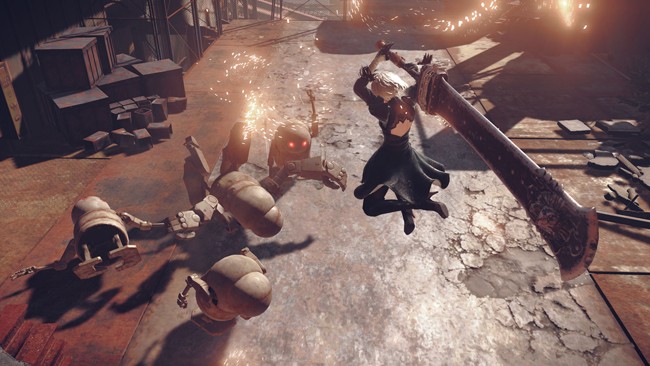
Unlike in film and television, where directors can stand behind controversial story decisions and viewers have no choice but to either accept their work or ignore it, games’ most important moments can be changed. 2012’s Mass Effect 3 came under fire for its ending. Many players saw it as thin and not representative of their time with the game, but it could also be seen as a bold statement on the occasional futility of choice. That didn’t matter, though, as the game was updated to add a more definitive ending that removed much of the mystery. The platform approach will make this the norm rather than the exception. Games could even ship without endings at all – those who bought the first Destiny know this all too well.
Left behind
It’s no secret why AAA publishers are rapidly moving toward the games-as-platforms approach: It is much more profitable to retain and monetize existing players than it is to try to sell a game to new customers. Of the $7.16 billion generated by Activision-Blizzard in the fiscal year 2017, $4 billion came from microtransactions. This is a company that saw the release of blockbuster titles like Call of Duty: WWII and Destiny 2, but the digital items players purchased kept them afloat far more than any hit game’s sales. They can never be sure that their next title, even a sequel to a hit franchise like Call of Duty, will be a success, and squeezing all possible revenue out of their player-base before moving on seems like the logical way to go.
But players will take notice. They’ll see their favorite story-focused and finite experiences vanishing, and they’ll want something to take its place. Until publishers can find a way to profit on the merit of their games’ quality, and not on their ability to keep players engaged and spending money for as long as possible, we’ll be left waiting even longer between surprise gems. All players can do is make sure they reward creative and contained experiences with their cash and hope publishers pay attention.

Sort by:
Comments :0


